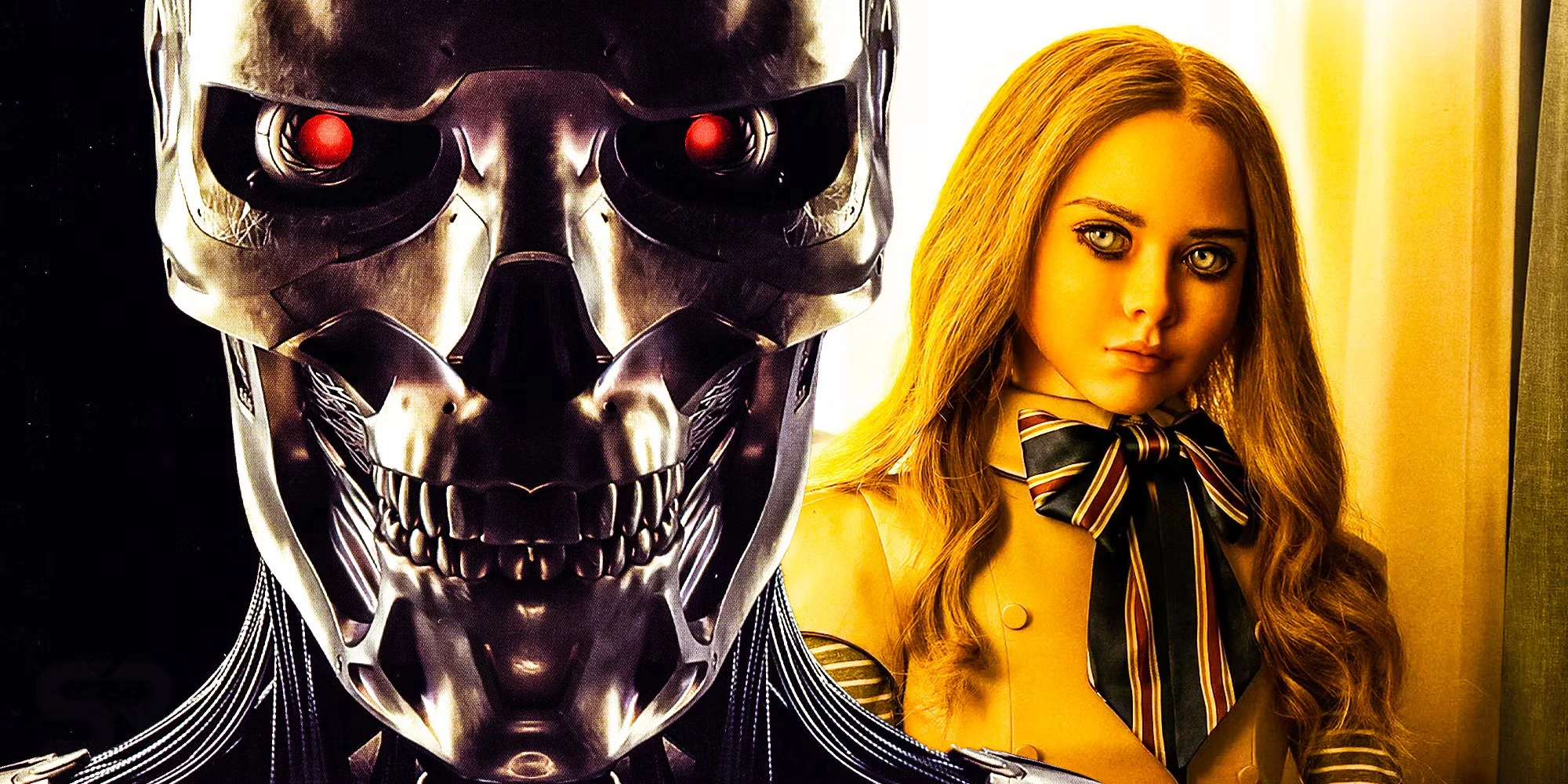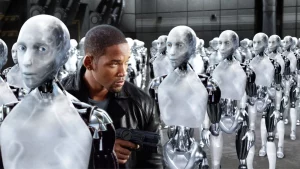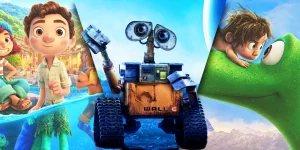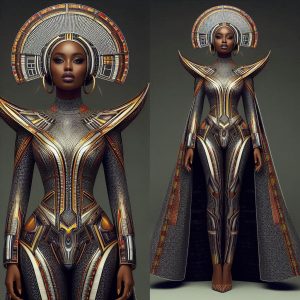Introduction
The entertainment industry, especially Hollywood, is changing quickly due to artificial intelligence (AI). Over the past few years, AI has moved from a futuristic idea to something used in filmmaking. It helps in areas like scriptwriting, visual effects, and even casting. As AI keeps improving, its influence on Hollywood will only grow. In this article, we will look at how AI is shaping the entertainment world and what it means for the future.
AI in Scriptwriting: Speeding Up the Process
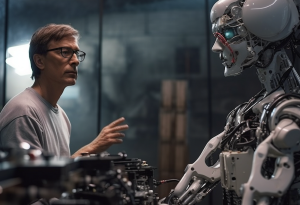
Scriptwriting has always been a creative and time-consuming job. But AI is helping writers brainstorm ideas, develop plots, and even write dialogue.
1. How AI Helps in Scriptwriting
AI tools like ScriptAI use data from past movies to suggest plot ideas or generate entire scripts. By analyzing patterns in popular films, AI can help writers with structure and dialogue, saving them time. Writers still add their creative touch, but AI can speed up the basic work.
2. The Impact of AI on Writers
AI is a tool, not a replacement for writers. It helps with repetitive tasks, but writers are still needed to shape the story and bring emotion to the script.
AI in Visual Effects: Creating Realistic Worlds
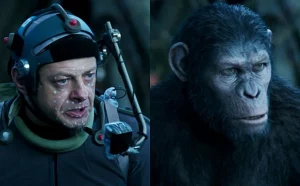
AI is also changing how films look. Visual effects (VFX) are a huge part of modern films, and AI is making it easier to create amazing visuals.
1. How AI Improves VFX
AI uses deep learning to create more realistic CGI (computer-generated images). It can help artists design faces, landscapes, and action scenes more quickly and accurately. This technology reduces the time and money spent on VFX.
2. Benefits of AI in VFX
AI in VFX means filmmakers can create stunning visuals while staying within their budget. AI also helps artists get real-time feedback, so they don’t need to make many changes.
AI in Casting: Choosing the Right Actors
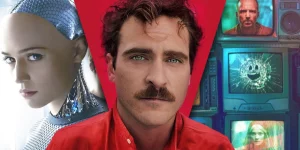
AI is starting to play a role in casting actors. Traditionally, casting can take a long time as directors watch hundreds of auditions. Now, AI helps speed up the process.
1. AI’s Role in Casting
AI looks at an actor’s past roles, social media, and audience reactions to recommend the best person for a part. AI can even predict how an actor will perform in a specific role, based on data from similar movies.
2. The Impact on Casting
AI doesn’t replace casting directors, but it makes their job easier. AI helps directors find the right actors faster, but the human touch is still needed to make the final decision.
AI in Post-Production: Editing and Sound Design
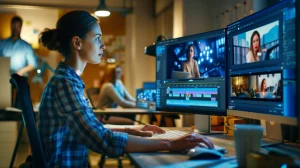
Post-production is another area where AI is making a difference. Tasks like editing and sound design, which used to take weeks, can now be done more quickly.
1. How AI Helps with Editing
AI software can analyze raw footage and suggest cuts, making the editing process faster. It can also create movie trailers by picking the best moments from the film.
2. AI in Sound Design and Music
AI tools can generate music or sound effects to match a scene’s mood. AI-powered music programs, like Aiva, can compose original music, saving time and money for filmmakers.
AI and Audience Experience
AI is changing how we experience movies. In the future, AI might make films that adapt based on what the viewer likes. This means a movie could change depending on your preferences, giving you a unique viewing experience every time. AI is also helping filmmakers understand what audiences enjoy, allowing them to create films that are more likely to be successful. Personalized content could become a big part of entertainment in the near future.
AI and Job Concerns in Hollywood
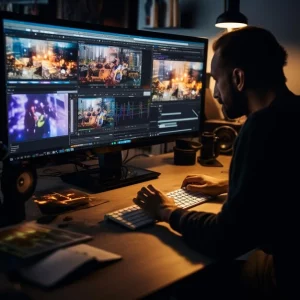
While AI offers many benefits, there are concerns about its impact on jobs. Some people worry that AI might replace human workers in areas like writing, editing, and visual effects. However, experts believe that AI will work alongside people, not replace them. It will handle repetitive tasks, but creative work will still need human involvement. Filmmakers will need to find a balance between using AI and keeping the human touch in their films.
Challenges of AI in Hollywood
While AI offers many benefits, it also comes with challenges. One concern is that AI could replace human workers in jobs like writing, editing, and visual effects.
1. Ethical Issues
AI raises ethical questions, especially with technology like deepfakes, which can create fake videos that look real. There are concerns about using AI to manipulate images or voices in ways that could mislead people.
2. Balancing AI and Human Creativity
While AI is useful, it can’t replace human creativity. Filmmakers must find ways to use AI as a tool to improve their work, not take over completely.
Future of AI in Hollywood: What’s Next?

The future of AI in Hollywood looks exciting. In the coming years, AI could create fully virtual actors, generate entire films, or even help make personalized movies for individual viewers.
1. AI and Personalized Entertainment
AI might make movies that change in real time based on what a viewer likes. This could lead to more interactive and personalized films, where viewers help shape the story.
2. AI in Filmmaking
AI might play a role in every part of filmmaking, from planning and shooting to marketing and distribution. It could even predict which movies will do well at the box office.
Comparative Table: AI vs. Traditional Filmmaking
| Aspect | AI in Filmmaking | Traditional Filmmaking |
|---|---|---|
| Scriptwriting | AI generates ideas and structure quickly | Writers create everything by hand, from start to finish |
| Visual Effects | AI creates realistic CGI and automates effects | VFX requires many hours of manual work |
| Casting | AI suggests the best actors based on data | Casting directors make decisions based on experience |
| Editing | AI automates edits, speeding up the process | Editors decide on pacing, rhythm, and story flow |
| Sound Design | AI generates music and sound effects automatically | Human composers create unique music and sound effects |
Analysis Table: Impact of AI on Hollywood
| Area | Positive Impact | Negative Impact |
|---|---|---|
| Efficiency | AI speeds up writing, VFX, casting, and editing | AI could replace jobs in creative fields |
| Cost-Effectiveness | Reduces time and money spent on production | Initial cost of AI tools can be high |
| Creativity | AI helps generate new ideas and visuals | AI might limit human creativity in some areas |
| Audience Experience | AI personalizes content for viewers | Deepfake technology could be misused |
Conclusion
AI is changing Hollywood in many ways, from scriptwriting to visual effects. It is helping filmmakers save time and money while creating better films. However, there are challenges, such as job loss and ethical concerns, that need to be addressed. The future of AI in Hollywood is exciting, and it will likely play a huge role in how movies are made and enjoyed. As long as AI is used as a tool to help human creativity, it has the potential to revolutionize the entertainment industry.

